Published
- 09:00 am
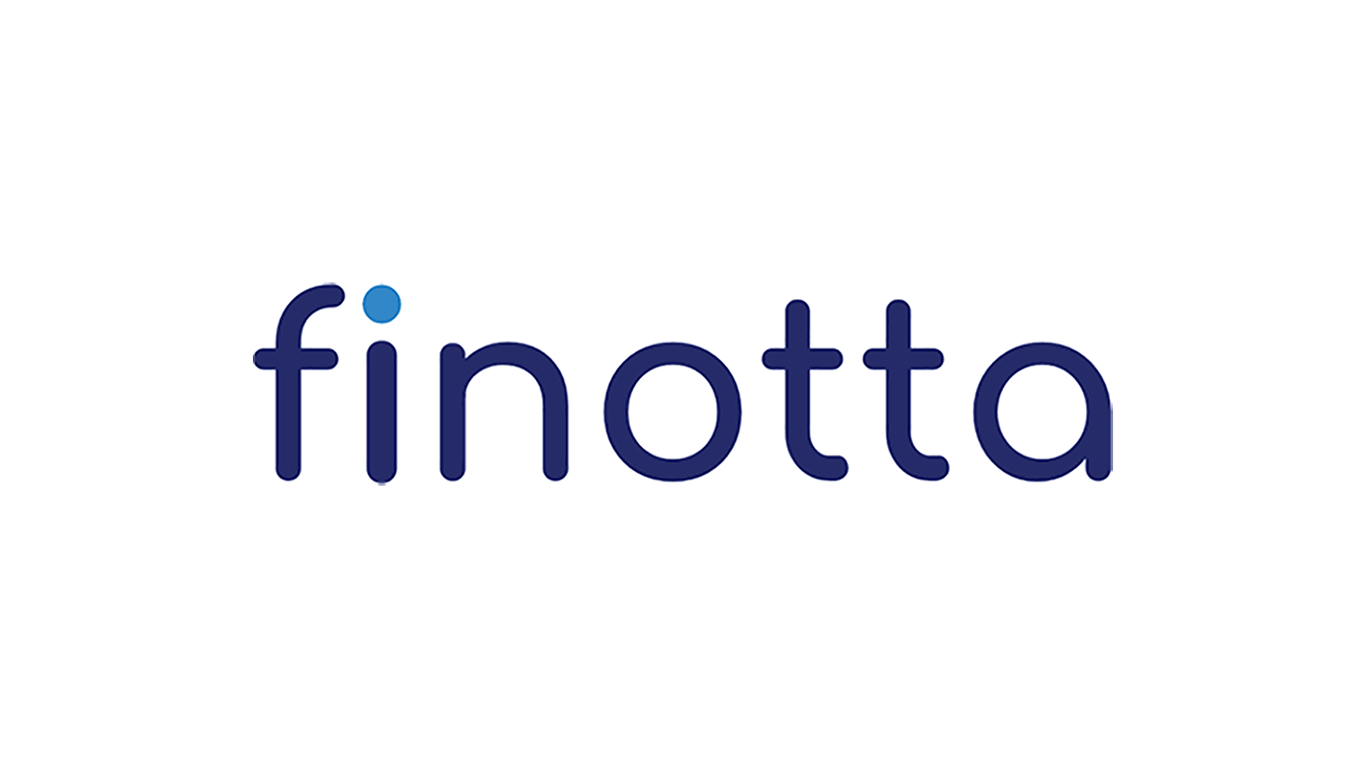
Finotta, a provider of embedded fintech for digital banking, proudly launches its deposit estimate calculator, allowing financial institutions to quickly assess how much they could earn in potential initial deposits within the first year of offering Finotta’s Personified platform.
Based on real performance metrics from financial institution clients, Finotta’s latest deposit calculator helps banks and credit unions quickly realize how much it could earn in estimated new deposits from existing customers and members in one year. Financial institutions simply enter the number of active users within their digital banking channels and in seconds the calculator calculates the estimated dollar amount of potential deposits.
“Growing deposits is a top priority for all financial institutions in 2023 and 2024, and also one of the most difficult goals to achieve,” said Parker Graham, Founder and CEO of Finotta. “Personified offers a proven strategy, helping financial institutions uncover opportunities within their existing customer base. Not only is this more effective, but it’s a more cost-efficient approach to growth.” Instead of having to chase down new users, Personified has proven to average 25X on the initial deposit into a new savings account from a single user.. “With our latest calculator, banks and credit unions can very quickly see what their potential is, and we stand ready to help them achieve that growth.”
Leveraging Personalized Financial Guidance (PFG), Personified offers a new way of looking at financial wellness. Unlike traditional financial management tools, the platform focuses on encouraging rather than intimidating users by reporting on poor financial behavior. Personified encourages and enables users to improve their Financial Health Level by suggesting actions like saving for retirement and celebrating with them when they do so. Likened to a “Financial Coach in your pocket,” Personified aims to improve users’ financial wellness with a personalized and gamified experience.
Personified details a user’s cash flow, expenses, debt-to-income ratio, and more. It prominently features recommendations in the app to improve financial health, like opening an emergency savings account. Personified also gamifies financial wellness, just like a fitness app. By demonstrating positive behaviors like saving money in a new emergency account or paying down a loan, users can accrue points and badges that work towards financial wellness goals, awards, and more. As a result, customers have a fun and interactive way to improve their financial health while at the same time generating deposits and new revenue for the financial institution.
Following the closure of Mint by Intuit, millions of consumers are looking for tools that can help them manage their finances without the hassle of having to pay for a new service. With Personified, financial institutions can embed this technology directly into their already existing mobile app to provide users with a comprehensive look at their financial journey right on their mobile device, fostering a sense of trust and loyalty between the institution and its customers.
The latest deposit calculator is available to all financial institutions at no cost. To quickly assess how Personified can help financial institutions grow deposits, Finotta invites all banks and credit unions to visit its website to try it.
Related News
- 09:00 am
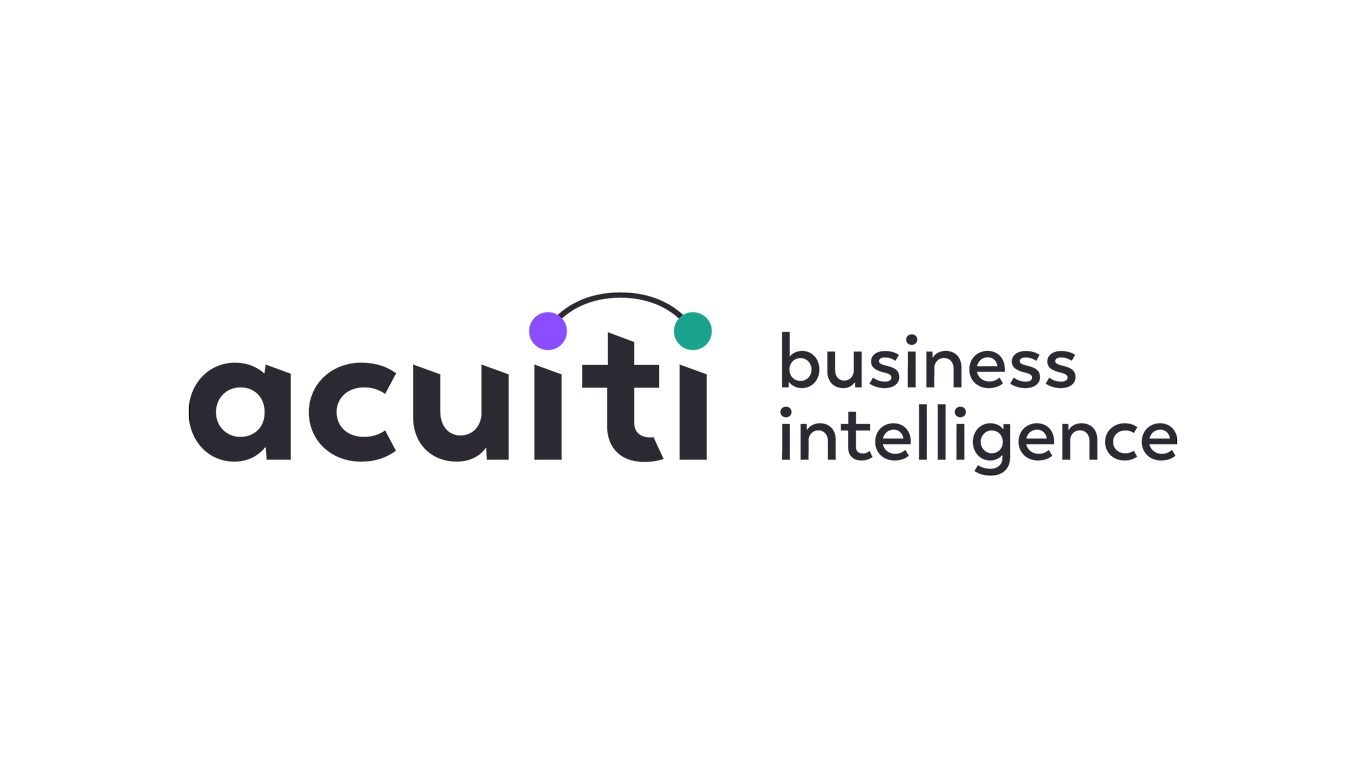
Asset managers are looking for alternative products to gain tailored exposures to equity derivatives as their strategies evolve in complexity, a new study from Acuiti has found.
The rise of thematic, ESG and climate investing has created demand from asset managers to trade tailorable baskets of equities in order to gain specific exposures. However, to date, investors have faced a trilemma with no available products in the post-crisis world offering capital and margin efficiency, low trading costs and customisability.
The new Acuiti report, Solving the Investment Trilemma, which was commissioned by Nasdaq to coincide with the launch of its Custom Basket Forwards, found that asset managers were reducing OTC exposures in the wake of the Uncleared Margin Rules and other post-crisis reforms.
However, this reduction has left asset managers seeking listed alternatives that provide the customisability of OTC markets but without the associated cost and complexity of managing ISDA agreements and trading OTC.
The report found that ETF markets and currently available listed products go some way to meeting the demand but that there remained a significant gap in the market for a customisable listed product.
“OTC market have traditionally played a key role for the buy-side in enabling them to build complex and tailored products to meet the specific requirements of their portfolios,” says Will Mitting, founder of Acuiti.
“However, the rising costs and complexity associated with OTC derivatives has forced firms to look for listed alternatives. Our study suggests that Custom Basket Forwards (CBFs) can solve the investment trilemma for firms offering a margin efficient, customisable product with low trading costs.”
The report also found that asset managers are seeking to further reduce OTC exposures over the next three years. This provides an opportunity for the sell-side to promote listed products that solve the requirements of their clients.
“As asset managers continue to innovate and meet investor demands for thematic, ESG and climate investments, the sell-side is well placed to offer access to listed products that can serve these requirements,” says Mitting.
The Acuiti study found that banks see potential in CBFs to engage new clients and offer existing clients new products as well as bringing greater capital efficiency to the market.
“The Acuiti report provides great insights to the industry trends behind the increasing demand for tailored equity exposures, as well as the challenges and complexity of managing them, with the use of OTC derivatives”, says Alessandro Romani, VP, Head of European Derivatives at Nasdaq.
“With the launch of Custom Basket Forwards, Nasdaq is well positioned to provide Asset managers and Sell-side firms with an alternative solution to OTC equity swaps, based on a listed and CCP cleared derivatives contract”, continued Romani.
Download the full report here: https://www.acuiti.io/solving-the-investment-trilemma
Related News
- 08:00 am

Today marks the launch of the second edition of the "Cloud in Financial Services" report, a collaborative effort by Reply, the European Banking Federation, Insurance Europe, and professors from Imperial College Business School and University of California, Santa Barbara. This report offers a comprehensive view of the dynamic cloud adoption landscape in the financial services sector, focusing on key aspects such as cloud strategy, governance, regulation, and data.
Drawing from insights derived from Reply's execution of over 1,200 cloud projects and interviews with senior industry leaders, it presents a comparative analysis of the transformative changes, challenges, and opportunities in financial institutions' journeys to the cloud. Noteworthy findings from a pan-European survey conducted between December 2022 and March 2023, guided by professors from Imperial College Business School, London, add depth and relevance to the comprehensive report.
In the realm of business and cloud strategy, the report provides new insights and hard data on facets such as cost and flexibility issues, underscoring the significance of viewing cloud adoption not merely as a technological shift but as a powerful catalyst for achieving new business milestones.
The survey also underscores the enduring challenges in regulatory compliance and data sovereignty, with an astounding 81% of respondents still deeming regulatory compliance and data sovereignty as substantial challenges (compared to 73% in 2021). Significantly, 34% of respondents pinpoint these concerns as the primary challenge to embracing cloud solutions in their financial institutions.
The survey results from financial institutions also reveal a different perspective on machine learning, despite the widespread buzz. Notably, 27% confirm that they do not use cloud-based machine learning capabilities, while 34% and 16% report of a limited and moderate usage, respectively. In contrast, only 10% indicate substantial adoption, and a mere 5% integrate machine learning functionalities extensively. This data offers an insightful comparison between the anticipated and actual implementation of machine learning empowered by the cloud.
Nelson Phillips, Professor of Technology Management at University of California, Santa Barbara, commented: “The report shows that while cloud adoption has become 'business as usual' in financial services, the benefits of moving activity to the cloud vary significantly depending on the approach firms adopt to cloud implementation and the willingness of firms to look beyond cost savings.”
Freddy Gielen, Executive Partner at Reply, added “the report and the survey demonstrate that cloud implementation’s biggest impact on a financial institution’s profitability is more likely driven by revenue enhancement rather than mere cost reduction.”
To delve deeper into the evolving cloud landscape in financial services, download the full report "Cloud in Financial Services".
For more information about Reply's cloud-based solutions, please visit www.cloud.reply.com.
Related News
- 08:00 am
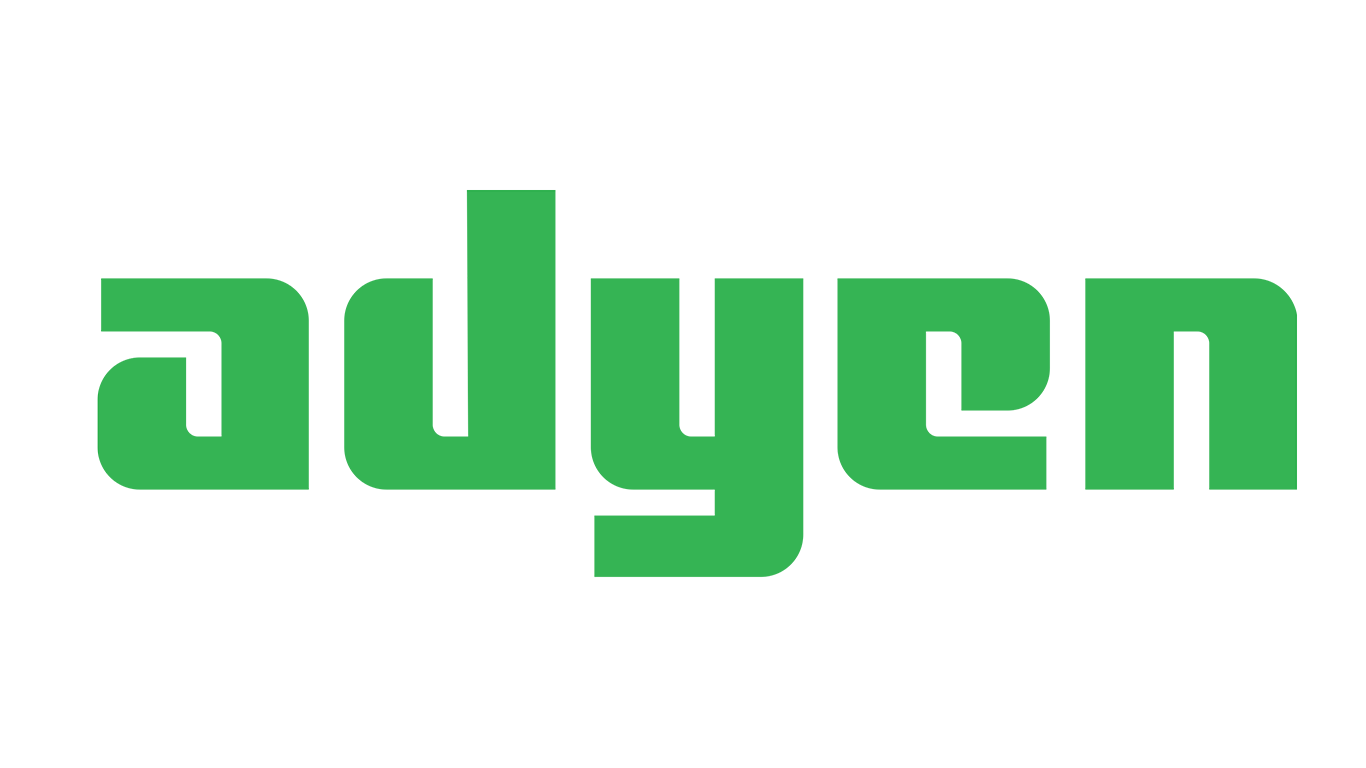
Adyen, the global financial technology platform of choice for leading businesses, has today published a global ranking of countries most at risk of identity theft.
The UK takes the first position, with those consumers who have been a victim of identity theft losing an average of £268.30 over the past year. This is the highest amount of money lost per person across the 26 countries polled and would mean that the country lost £3.1 billion to identity theft.
The total amount lost to fraud per individual is much higher for those paying with digital currencies such as bitcoin online. Over three-quarters (77%) of consumers have been a victim of identity theft when paying with this method, losing an average of £369.60.
Norway follows Britain in the league table, with consumers who have been a victim of identity theft losing an average of £255.60, while Danes have been defrauded an average of £232.40. Nearly one-half of Indians polled had been a victim of identity theft (44%), though they typically were defrauded for much smaller sums (£159.50). Conversely, 42% of Americans have experienced this type of fraud, losing an average of £229.80.
Identity theft is sometimes referred to as payment fraud and is defined as a fraudster stealing someone’s credit or debit card number, or checking account data, and using that payment information to make an unauthorized purchase.
Adyen research has found that almost half (46%) of UK consumers are finding online shopping a less attractive proposition due to the risk of fraud. Shoppers are trying to protect themselves, with 29% saying they don’t permit their devices to remember payment details, while 27% are ‘more conservative’ with new payment methods.
Retail Responsibility
As part of the study, Adyen polled 500 senior decision-makers in UK retail and found that 33% of businesses had experienced increased volumes of payment fraud over the past year. Over one-third (35%) said that fraudulent transactions and chargebacks were a significant cost to the business and one in five (17%) said that increased fraudulent attacks were one of the biggest threats they faced.
Most Brits (64%) want retailers to better communicate what they are doing to protect them from identity theft online, but worryingly just 53% of businesses say that their fraud prevention systems are effective.
Almost a third (32%) of business leaders said they were going to double the headcount of their fraud and risk team in 2023, while 39% are using artificial intelligence to help prevent fraudulent transactions and 41% are using chargeback management software to help manage and reduce the costs associated with fraud.
“As inflation and the cost of living soars for consumers, and make things even more difficult for retailers, neither can afford to fall for scammers’ traps,” said Alexa von Bismarck, President, EMEA at Adyen. “It’s important to raise awareness of the types of fraud to consumers so that we can all be better prepared to spot when someone is trying to steal our identity - but retailers have a role too.
“Our three-step approach to fraud for business is to detect, prevent and respond. With the right technology in place, retailers should be able to recognize genuine customers and spot fraudsters across all sales channels, while combining risk rules with machine learning will help to prevent fraudulent transactions.
“Every business is different and therefore its risk management system needs to be tailored to each unique set of challenges it may face day-to-day. Those with machine learning capabilities can utilize huge data sets and therefore build an effective strategy by covering all areas of risk.”
Related News
- 04:00 am
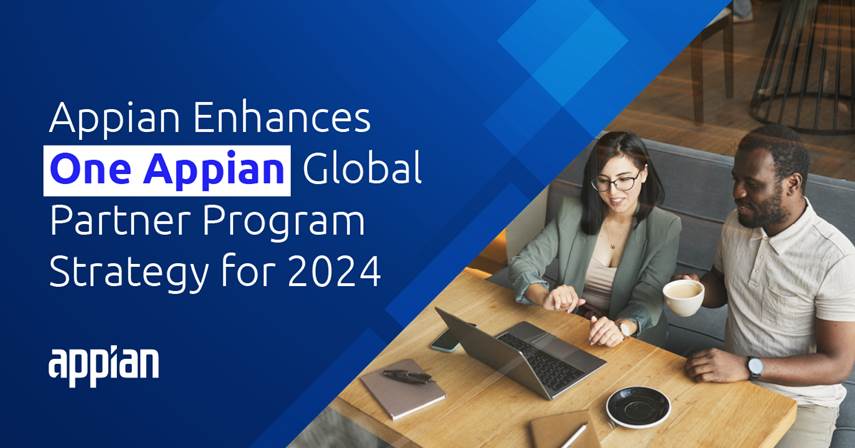
Appian today announced significant updates to its partner-focused growth strategy and the “One Appian” Global Partner Program for 2024. Appian is fully committed to its partner ecosystem as a strategic lever to further the company’s position as “vendor of choice” for end-to-end process automation. The enhanced program empowers Appian partners to grow their businesses through a variety of routes to market aligned to their preferred business models, a simplified program structure, and “stackable” benefits across partnership tiers.
“The 2024 enhancements to our partner program support the ‘One Appian’ go-to-market strategy I outlined at the beginning of the year. The program is focused on aligning combined resources and collective capabilities to foster greater collaboration in delivering outstanding customer experiences and business outcomes,” said Chris Jones, Chief Revenue Officer at Appian. “We will increase customer value and net-new business by enabling our partners’ go-to-market strategies and industry specialisations and providing unprecedented access to Appian resources, financial incentives, and tailored support.”
The 2024 program provides a set of economic, relationship, sales, marketing, and technical benefits designed to support and recognise each partner’s expertise, level of engagement with Appian, and commitment to customer success. These include financial benefits and value-based incentives tied to deal registration, new training paths, and the execution of joint marketing campaigns to help partners quickly create new business, generate qualified pipeline, and increase profitability.
The program features three partnership tiers: Authorised, Premier, and Elite. Financial incentives and stackable discounts and benefits increase with each program tier. As partners advance to higher tiers, they qualify for increased performance-based financial benefits and deeper levels of enablement from Appian.
New program benefits include:
Deal Registration: protects partners' sales investments with defined rules of engagement and increases partner profitability by providing predictable discounts, escalating incentives for registered deals and new logos, and provides the ability to resell to new customers identified and registered by partners in any market segment.
Pipeline Creation Support: provides more Appian resources dedicated to supporting partners’ go-to-market activities, new sales tools to accelerate deal advancement, and Pipeline Acceleration Funding available earlier in the relationship to jump-start top-of-funnel pipeline creation.
Expanded Product Enablement: to help partners grow and mature their Appian practice enablement, programs now include Appian Fast Start to quickly ramp up new partners with free developer training and certifications; Appian Edge for partners upskilling and certifying practitioners holding eligible certifications on competitive platforms; Accelerated Senior Developer course offering a unique approach to learning while actively working on customer projects; and University Partnership support for Appian partners working with local schools interested in offering an Appian curriculum.
Jones continued, “Appian’s 2024 Global Partner Program delivers on our commitment to partner success through enablement that elevates and empowers the partner experience, alignment to accelerate success together, and increased investment across our partnership tiers.”
Learn more about the benefits of becoming an Appian partner.
Related News
- 01:00 am

Today, Infura, the world's leading web3 API provider developed by Consensys, announces a partnership with 18 other pioneering internet infrastructure companies including Microsoft, Tencent Cloud, Grove and Covalent, to create Infura’s Decentralized Infrastructure Network (DIN). DIN will be a decentralized RPC-as-a-service offering that aims to make Web3 more accessible, reliable and efficient. The announcement was made at the Decentralized RPC Summit during DevConnect in Istanbul. DIN will provide a powerful new way for developers to connect to Ethereum and other top-tier blockchains, and is a significant milestone in Infura’s ongoing efforts to foster decentralized internet infrastructure.
DIN will be led by Infura and welcomes Microsoft, Tencent, 0xFury, Bloq, Chainstack, Covalent, Ellipfra, Everstake, Gateway.fm, Grove, Laconic Network, Linkpool, LinkRiver, Luscent, Mantle, MatrixedLink, Pokt, and Rivet as cornerstone members building an initial, federated version of DIN that will lay the groundwork for the progressive decentralization of the network.
“We are immensely grateful to all our partners who have been part of the journey to build the Decentralized Infrastructure Network with us over the past year,” said E.G. Galano, co-founder of Infura and the project and technical lead for DIN. “Since we announced DIN, the response from the community has exceeded our expectations. Together, we have achieved remarkable progress and eagerly anticipate the continuation of this journey as we bring the power of DIN to Web3 developers and users.”
The launch of DIN with the initial cohort of 19 partners represents a significant milestone in progressive decentralization for one of the most popular web3 API services in the ecosystem. While Infura provides the core infrastructure backend for popular web3 products such as MetaMask, the Ethereum Name Service, and Layer 2 scaling solutions, DIN is part of Infura’s work to support a variety of blockchain APIs, in recognition of the inevitability of a the multi-chain world.
“We have always believed in the greater mission of enabling decentralized infrastructure for the world. DIN customers are able to experience the power of what that means through Grove and Pocket Network,” said Michael O'Rourke, Founder of Pocket Network and CEO at Grove, a DIN partner. “In a fast changing, tumultuous world, laying the foundation for an open internet is as important as ever.”
Decentralization Means Improved Reliability and Performance
DIN’s first two features are failover protection on Polygon and Ethereum, allowing users to shift RPC traffic from one DIN partner to another, in order to maintain service in case of outage. In the coming weeks Infura users will be able to opt-in to DIN’s failover protection, meaning less centralization and more uptime for dapps and developers.
"Think of DIN for blockchain infrastructure like your electric service providers that run your homes or powers your businesses. Without it, our modern life could not exist,” explains Eugene Yeo, Technical Director at Luscent.io. "Luscent is happy to be a founding member of DIN to make blockchains more accessible for everyone."
Taking a decentralized approach means an increase in networks and overall uptime, leading to more available access to blockchains, especially as more partners are added. In the coming months, failover protection via DIN will be added for Arbitrum, Avalanche C-Chain, and Optimism.
DIN is a New, Collaborative Option
DIN is inspired by and supports the ethos of Ethereum and web3 that encourages collaboration alongside competition. The goal of the network is to work with existing RPC providers and to create new infrastructure that can work alongside existing RPC solutions.
“While other infrastructure providers are in an arms race to gobble up market share, Infura has gone in a wholly different direction by starting DIN. By working with partners who have already optimized parts of the stack to better serve the developer this really embodies the ethos of crypto and the phrase a rising tide raises all ships,” said Erik Ashdown, head of ecosystem for Covalent.
Moving Progressively Towards Full Decentralization
Building a new public good network that can serve as a foundational layer of an improved Internet is a major undertaking. Getting it right requires coalescing around an original vision and a set of standards that will ensure such a system can function and scale. This is why the first iteration of DIN will be federated around the original group of partners announced today. In the coming months DIN expects to welcome more members and will release a collaborative roadmap for the progressive decentralization of DIN.
“By contributing to DIN, we're not just helping to stand up an open protocol, we're architecting a revolution for developers where permissionless innovation becomes the norm,” said Austin Roberts, Founder and CEO, Rivet.
Related News
- 07:00 am
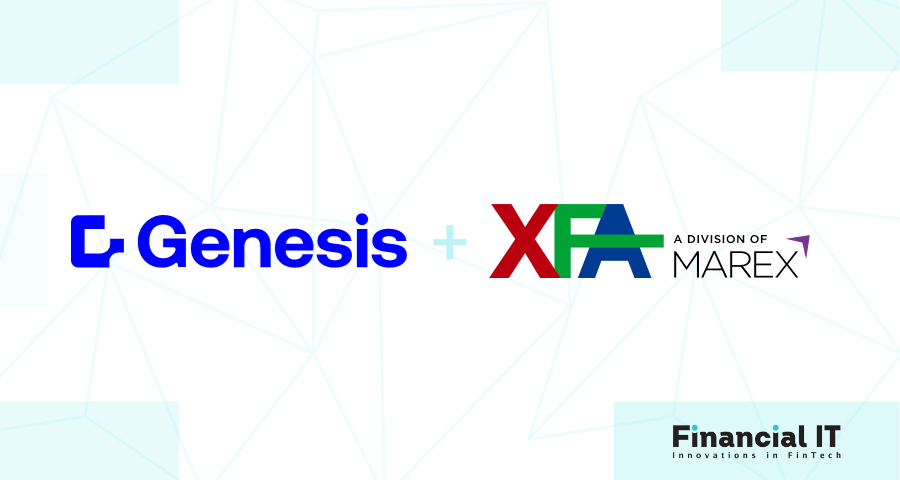
X-Change Financial Access (XFA), a division of Marex and a leading execution broker for exchange-traded derivatives, and Genesis Global, the low-code application development platform purpose-built for financial markets organizations, today announced a partnership to automate quoting for flexible exchange options (FLEX options).
Called FLEX-FA, the new platform streamlines intraday quoting of FLEX options, enhancing the speed and reach of XFA’s brokerage services. Unlike traditional options, the FLEX market does not benefit from a continuous quote stream. Therefore, innovations like FLEX-FA, which standardizes and automates request-for-quote (RFQ) processes, benefit end users by increasing liquidity and promoting best-price execution.
FLEX-FA was delivered in two months by Genesis.
"FLEX-FA enables us to provide high levels of service to clients amid dramatic growth in volume and order complexity in the FLEX option market,” said Andrew Geye, Head of Structured Products at XFA. “In partnering with Genesis, we have developed a scalable, modern RFQ solution that improves the price discovery process by enhancing speed, accuracy, and efficiency.”
“Working with innovators like XFA to automate key parts of fixed income markets is a core strength of Genesis,” said Stephen Murphy, CEO and co-founder of Genesis Global. “Built-in only two months, the FLEX-FA platform demonstrates that trading operations for even the most bespoke financial products can migrate from spreadsheets and manual processes to modern, enterprise quality solutions which benefit brokers, market makers, and end users, alike.”
Central to FLEX-FA is a Genesis-built FIX message hub and RFQ workflow manager which enables XFA to electronically distribute RFQs to multiple market makers, who can return quotes via FIX back to XFA. The system aggregates RFQ responses and customized interfaces, designed by Genesis, make it easy for XFA to place orders with winning quotes.
“With FLEX-FA, we help our customers reach a broad audience of liquidity providers, regardless of how complex the order might be. The platform also enables market makers to quote with confidence and accuracy, which is important in an increasingly active marketplace,” added Andrew Geye.
FLEX options are index options products that offer the security of an exchange-traded product while offering the writer and purchaser the ability to negotiate exercise style, expiration date, strike price, and other variables in the option.
Marex, the parent company of XFA, is also a client of Genesis. Marex uses Trade Allocation Manager, the modular, flexible, cross-asset class middle office solution from Genesis.
Related News
- 01:00 am

Tamara, the leading fintech platform to shop, pay, and bank in Saudi Arabia and the wider GCC region, has secured an additional up to $250 million in debt financing, bringing its total warehouse facility to up to $400 million. The facility consists of an incremental up to $200 million of senior debt arranged by Goldman Sachs, bringing the total senior warehouse facility to up to $350 million, plus a further up to $50 million mezzanine tranche led by Shorooq Partners.
The new financing will support Tamara’s ongoing strong demand for its flagship BNPL product and release capital for investments into new products and services.
Stefan Marciniak, CFO, Tamara, said: “We are pleased to announce this significant debt financing, a testament to our excellent operational performance to date and our future growth outlook. In a challenging economic climate, we are grateful to Goldman Sachs and Shorooq Partners for their support. These funds will catapult us forward, enabling us to further develop our flagship BNPL product, and invest in new, innovative products and services, which will further strengthen our position as a leader in the industry.”
Rajiv Shah, Head of Financing Middle East and North Africa, Goldman Sachs, added: “GS is pleased to support Tamara with this additional debt financing in this nascent sector and provide the company with the flexibility needed to expand their product and service offerings, giving a timely boost to the marketplace.”
Nathan Kwon, Principal at Shorooq Partners, stated: “We want to support the local Saudi fintech ecosystem and we are pleased to be strengthening our partnership with Tamara. This financing will catalyze their growth, bolstering their product and service portfolio. The region is poised for remarkable progress, and we are excited to be a part of it.”
Tamara is the leading shopping and payments platform in Saudi Arabia and the GCC region, with a mission to empower people in their daily lives and revolutionize how they shop, pay, and bank. The company was founded by serial entrepreneur Abdulmajeed Alsukhan along with his partners Turki Bin Zarah and Abdulmohsen Al Babtain. Tamara has over 500 employees and operates out of its headquarters in Riyadh, Saudi Arabia; and has offices in the UAE, Egypt, Germany, and Vietnam.
Related News
- 08:00 am
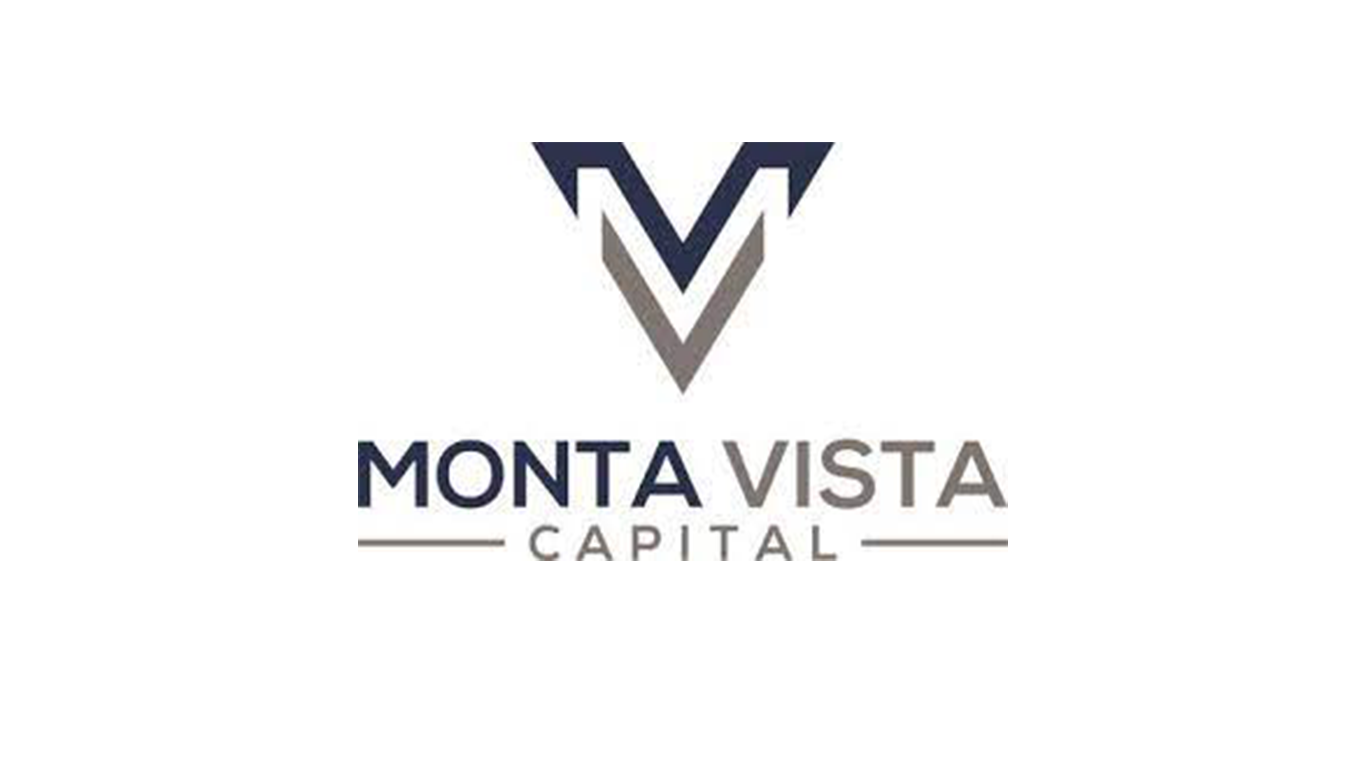
Monta Vista Capital, a leading seed-stage venture capital firm in Silicon Valley for transformative B2B startups, announced the launch of its third and largest fund. Like its predecessors, the firm’s new $48 million dollar fund aims to provide the most promising new B2B company founders with access to the experience, agility and capital needed to deliver on their visions, far ahead of the market. Monta Vista Capital’s track record of successful investments, typically at the riskiest pre-revenue stage, reinforces its reputation as the go-to seed fund for visionary founders.
Monta Vista Capital was founded by Venktesh Shukla, well-known as the former President of TiE Silicon Valley and Chair of TiE Global - a nonprofit dedicated to fostering entrepreneurship. Over the course of his career, Shukla has also leveraged his deep commitment and connections to the Indian American investor and startup communities to advantage both.
Distinguishing itself from other venture capital firms, Monta Vista Capital does not raise money from institutional investors but instead taps a large network of individual investors who are highly successful professionals in Silicon Valley. This network serves as a valuable resource for deal sourcing, diligence and support of the portfolio companies.
Abe Ankumah, co-founder, and CEO of Nyansa, a portfolio company that was acquired by VMware said, “I was impressed with the reach of Monta Vista Capital among influential leaders of Silicon Valley. One phone call from Venk was enough to get me a meeting with the CIO of a prospective customer.”
Unlike other seed funds of similar size that tend to be a one-person show, Monta Vista takes a team approach to investing. Consisting of deep domain experts in AI, cloud, security, data and other enterprise technologies, as well as seasoned investors, the Monta Vista team provides entrepreneurs with the resources of a big fund while maintaining the agility of a small one.
This approach has led to remarkable success for the firm’s first two rounds of B2B startups including Aviatrix (secure cloud networking), Cequence Security (API security), and Tekion (first end-to-end cloud-native automotive platform).
"We believe in the saying that the investors who have not experienced the startup journey firsthand have not earned the right to advise the founders. Knowing when to step in and when to hold back is a fine balance, and we do not offer help just to check the ‘I am helpful box’,” affirmed Shukla, founder and general partner of Monta Vista Capital. "Having treaded the entrepreneurial path ourselves, we instinctively understand the loneliness, the stress, the highs and lows founders go through, and our job is to bring perspective and balance to guide their journey.”
Sherry Wei is the founder of Aviatrix, a leading provider of secure cloud networking. Monta Vista Capital was the first investor in Aviatrix. Since then, the company has raised close to $400 million in its journey and now serves more than 500 enterprise customers.
Said Wei, "Monta Vista Capital may have been our smallest institutional investor, but they were the most influential, and I sought their counsel and advice throughout our journey and it significantly contributed to our current market position.”
Roger Krakoff, general partner at Monta Vista Capital, underscored the firm's enduring commitment, stating, "Indifferent to the fluctuations of economic tides, we have consistently adhered to our distinctive investment philosophy. We are not swayed by what is fashionable today. We look for companies with unique insights about solving a big problem. Anchored by a locally concentrated, high-caliber team, we deliver unparalleled support that transcends financial contribution.”
Related News
- 07:00 am
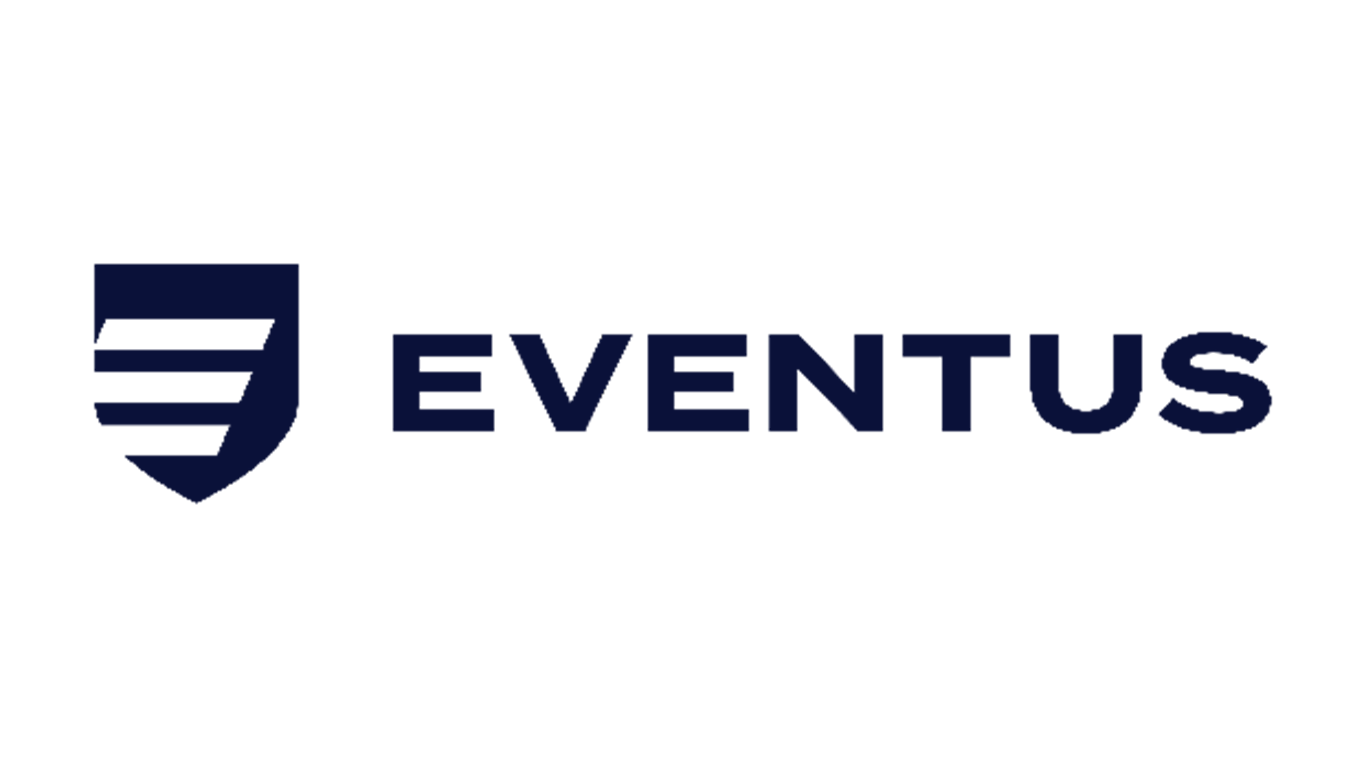
Eventus, a leading global provider of state-of-the-art, at-scale trade surveillance software across all lines of defense, today announced that the firm has won the award for Best Market & Trade Surveillance Solution in the Digital Assets category in the Regulation Asia Awards for Excellence 2023. The awards were announced at a ceremony in Singapore last night.
The recognition for the firm’s Validus platform represents the second consecutive win in the category for Eventus and its third award in three years from Regulation Asia, which honored the company for Best Solution – Market Abuse & Surveillance in the 2021 awards. Eventus has now garnered nine awards specifically for its leadership in the Asia-Pacific (APAC) region in the past three years.
Eventus CEO Travis Schwab said: “We’re incredibly honored to receive an award from Regulation Asia for the third consecutive year – particularly given its rigorous evaluation process. We continue to see strong traction over the past year both globally and in APAC, signing our first clients in Japan and Taiwan, new clients in Australia, as well as several digital asset exchanges in Singapore and Hong Kong.”
Nearly half of the digital asset exchanges that have deployed Validus are in the APAC region. Schwab said the firm’s expertise in digital assets has been of particular importance in Asia, where regulators in separate jurisdictions are coming to different conclusions on how they will hold digital asset markets accountable. “Our regulatory experts closely track these developments to ensure Validus remains the premier solution for meeting the highest standards of surveillance in the asset class,” he said.
The Regulation Asia Awards for Excellence recognize financial institutions, technology companies, legal and consulting firms, exchanges and other players that help ensure the highest regulatory compliance standards are upheld in the financial industry. The research-based awards program includes an “intense selection process” over two months, conducted by Regulation Asia’s editorial team and a panel of 32 outside experts as advisors. The independent panel of judges includes subject matter experts from banks, associations, law firms, consulting firms and academia.
Regulation Asia is the leading source of actionable intelligence for APAC markets, with over 12,000 subscribers, including regulatory bodies, exchanges, banks, asset managers and service providers.









